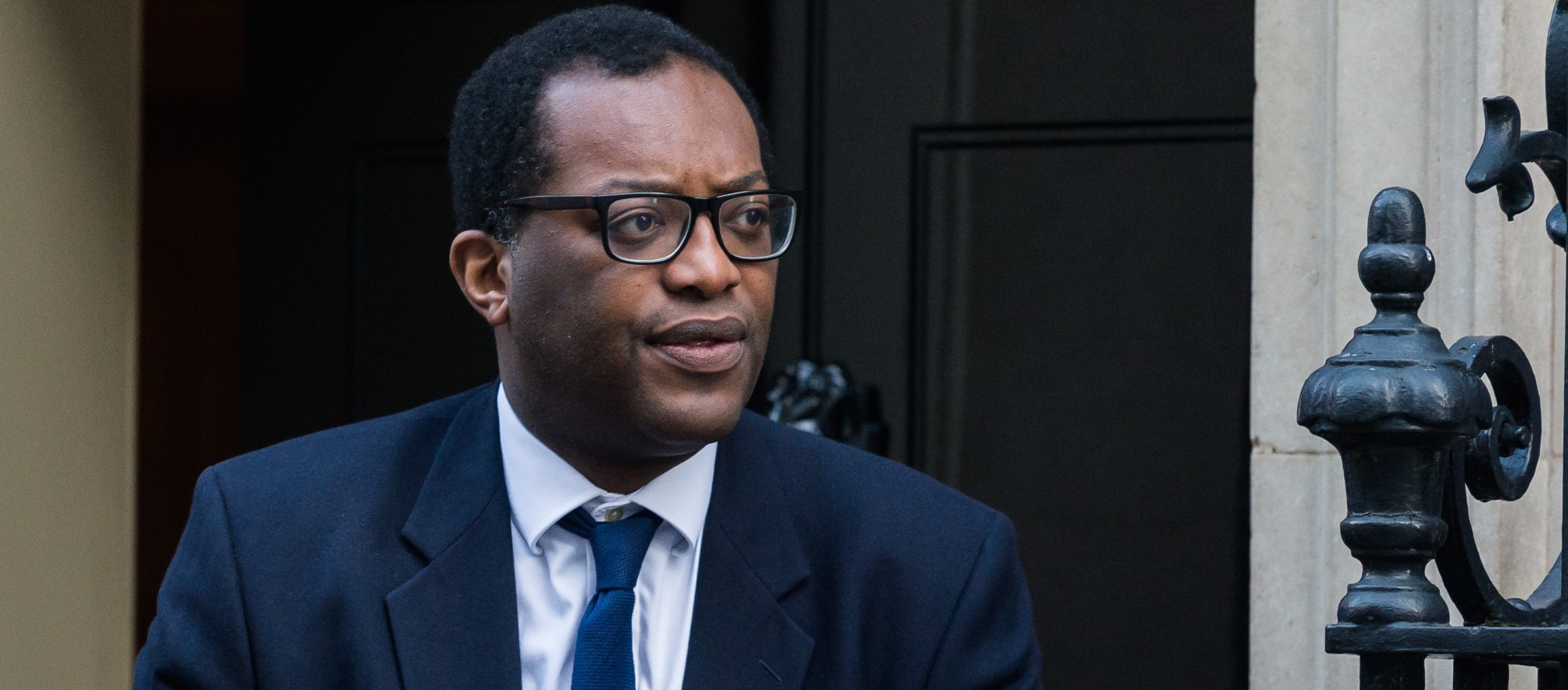Spirit of the Five lives on
Forty five years ago, five dockworkers and trade unionists were imprisoned for standing up to a government which, through the new Industrial Relations Act, was inflicting draconian restrictions on workers’ rights to strike and reducing job protections.
The case of the Pentonville Five was a high water mark of working-class and trade union fightback against the attacks of a Tory government.
Conny Clancy, Tony Merrick, Bernie Steer, Vic Turner and Derek Watkins were jailed for criminal contempt of court after staging a picket at a container depot in east London during the 1972 dockers’ strikes over the creeping containerisation of the shipping of goods.
I was a young shop steward in the Liverpool docks at the time. What an inspiration the five were to me then.
Containerisation was having a massive impact on jobs and Unite’s predecessor union the T&G was demanding not that it end but that container handling be done by organised labour.
Heatons, the owner of the depot, was the only firm to refuse to come to an agreement with the union. It was loading and unloading containers at inland sites on the cheap.
Ted Heath’s government had responded to the dockers’ strikes by imposing a state of emergency, and Heatons obtained an injunction against picketing from the National Industrial Relations Court, which the Act had established.
Named after the north London prison they were sent to, the Pentonville Five represented all that was good about the dockers in particular and working people more generally.
They dared to test the Heath government’s Act, which gave the power to sequestrate union assets, to prevent mass picketing and secondary action.
To go to prison in the cause of trade union freedom is not something many of us have had to face, but the case of the Pentonville Five demonstrates the timelessness of the struggles we have to win, and that the labour movement must hold on to what it rightfully ours.
Docks brought to a standstill
In the days following the arrest and imprisonment of the men, hundreds of thousands of dockers and other workers downed tools. Hundreds of thousands of workers took unofficial industrial action. Docks across the country were brought to a standstill, public transport was disrupted, deliveries by lorry stopped, coal mines closed and customs and immigration controls severely affected.
As Denis Skinner says in the film Nature of the Beast, the streets outside the jail swelled with people and it was like “electricity in the air”.
A reluctant TUC was prevailed on to call a one-day general strike though, no doubt to its relief, the five were released by the official solicitor before it went ahead.
Many trade union protests went ahead anyway.
These were the instinctive responses by working people to a direct attack on their trade union organisations. The Act was forced into the long grass and later repealed and the resistance eventually provoked a general election, indirectly bringing down the Health government.
To quote Denis Skinner again: “It was a moment when the trade union movement, or elements of it, were at their best.”
The jailing of the Pentonville Five was the desperate, anti-worker, anti-trade union act of a failing Tory government.
Using a vicious piece of legislation to deny working people basic rights at work and the right to strike.
Just as a failing Tory government now has its Trade Union Act which seeks to bog unions down in red tape and administration costs, as well as erecting barriers to the fundamental right to strike.
The anniversary of the jailing of the Pentonville Five reminds us that unions must never stop challenging corporate power and governments that collude with it.
Unite remains intensely proud of what the five did then, and of all those members who have and continue to stand together against anti-worker laws, powerful corporate interests, greedy bosses and governments that act to shift power into their hands.
Â
Â
 Like
Like Follow
Follow


